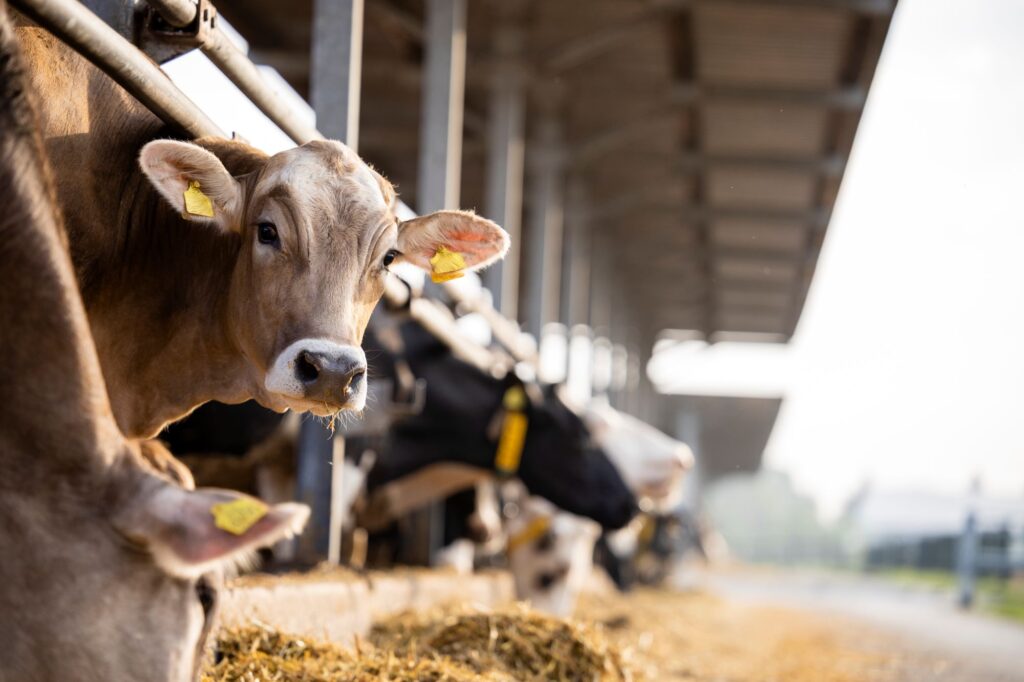Influenza viruses, including H5N1, are notorious for their constant evolution. Although the H5N1 2.3.4.4b strain currently poses little risk of person-to-person transmission, that could rapidly change. It would only take the wrong cow to meet the wrong bird for the virus to morph into one that could cause more severe disease symptoms or become more transmissible. That ability to easily pick up new genetic characteristics is why influenza constantly ranks as having the highest pandemic potential and why businesses need H5N1 on their radar.
Influenza is particularly good at traveling the globe.
Genomic sequencing indicates that an initial H5N1 spillover from birds to several dairy cattle herds. Movement of cattle with undetected infections spread H5N1 to other farms. After this introduction into dairy cows, spillback into migratory birds—or wild mammals—could cause the dairy cattle H5N1 strain to spread further within the United States or beyond its borders.
These concerns aren’t overblown. Migratory birds have spread earlier versions of H5N1 along their flyways, allowing new viruses to travel the world within two years.
Movement of dairy cattle can introduce the virus to new farms, even with the new Federal testing requirements for cattle. Once the infection is introduced to a farm, H5N1 can quickly spread among dairy cows, likely through contaminated milking equipment. H5N1 infection in cows is mild; the most pronounced symptom is a temporary reduction in milk production. However, H5N1 has caused significant illness–and high rates of mortality–in other mammals. An earlier version of H5N1 had a ~50% mortality rate in humans.

What happens on the farm doesn’t stay on the farm. Agriculture impacts ripple globally.
Given the potential economic impact of H5N1 on milk production and operational costs, it’s only natural that it is top of mind for agricultural businesses.
However, enterprise businesses outside the agricultural sector are also exposed to risks. Most immediately, enterprise businesses—including those outside the United States—purchasing poultry or cattle products (eggs, dairy, beef, etc.) should prepare for price fluctuations.
Influenza viruses constantly evolve, and these shifts can happen quickly. In an ever-changing—and mutating—landscape, staying ahead of risks is more important than ever. PHC Global’s Pharos early warning system empowers subscribers to stay ahead of the curve and effectively manage risks before a significant disruption occurs.
Don’t let the next biological threat compromise your business continuity. Sign up for a free trial of PHC Pharos today and equip your business with the tools needed for an ever-changing world, so you can protect your people, assets and revenue.


